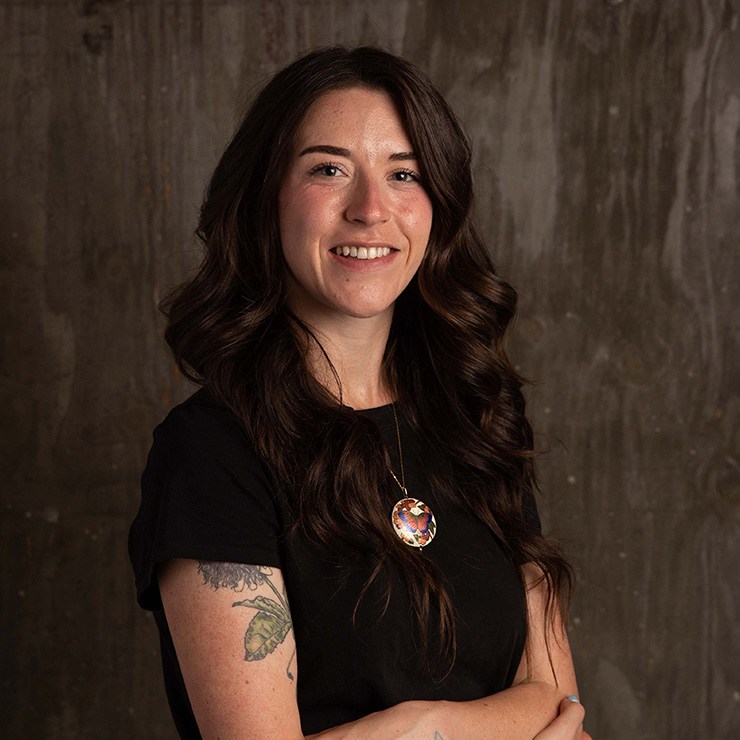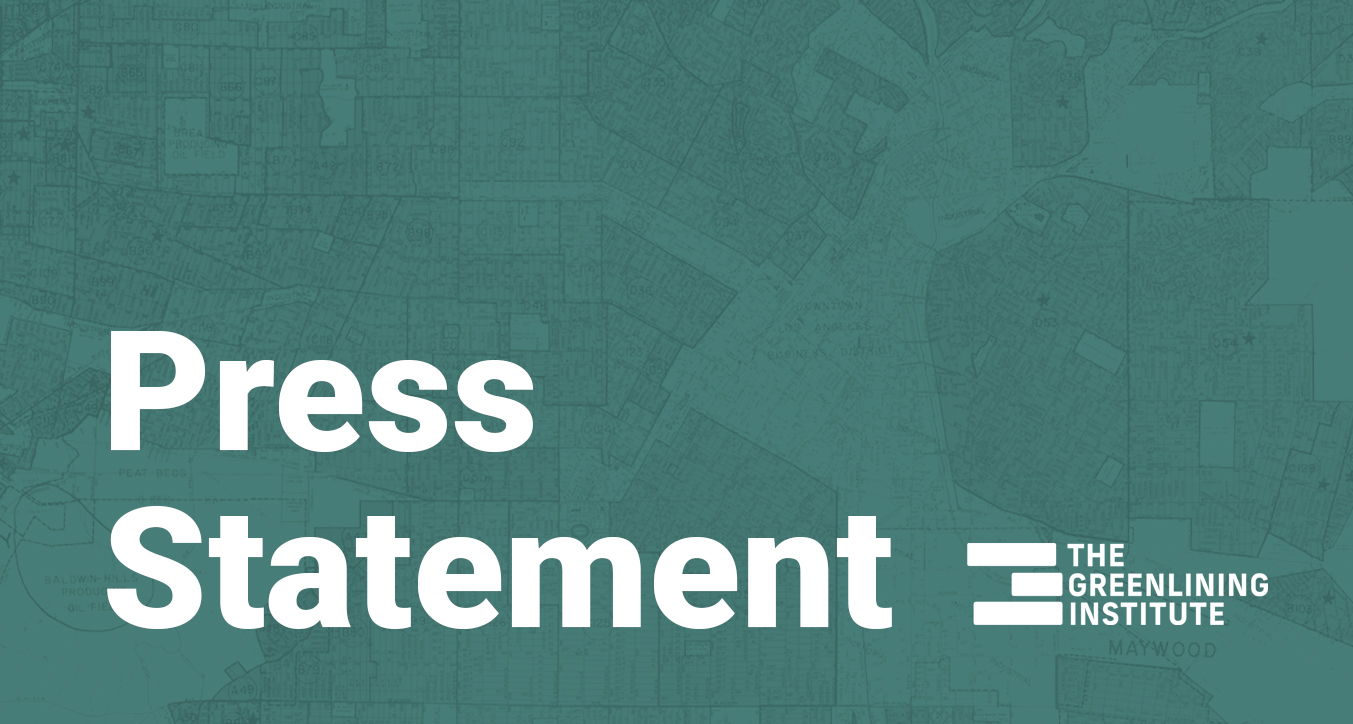Why California should toughen standards for electric trucks

Media Contact
Danielle Bell
SENIOR PROGRAM MANAGER FOR MEDIA RELATIONS
media@greenlining.org danielle.bell@greenlining.orgBy LESLIE AGUAYO
The Mercury News
From Black Friday to Cyber Monday, surges in online holiday shopping bring more than packages to our doorsteps. Every time we check out, we order fleets of heavy-duty delivery trucks to our streets, and toxic diesel pollution into our air. Even if shipping is free, our lungs, our communities, and our climate pay a steep price.
Online shopping doesn’t need to cost us our health or our climate: California has a historic opportunity to change the way we ship goods, for good. The California Air Resources Board (CARB) is currently establishing the nation’s first electric truck manufacturing standard. If CARB passes a bold standard, California will jumpstart the electric truck industry, meaning more zero-emissions trucks on our roads and fewer toxic emissions in our air.
But, as currently drafted, CARB’s proposed rule is too weak, despite undeniable evidence that Californians suffer from an air quality crisis that requires aggressive policy intervention. The proposed rule only requires four percent of trucks on the road by 2030 to be zero-emissions electric trucks. While 4% is a start, it does not meet the scale of the worsening air pollution crisis — which exposes more than 90% of Californians to unhealthy air at some point during the year.
The draft rule also fails to protect communities living in “diesel death zones” — within one-third of a mile of a highway, port, warehouse distribution center or other freight corridor —with chronic exposure to truck exhaust. We know that African American and Latino Californians face 43% and 39%, respectively, higher rates of fine particulate matter pollution than white Californians, exposing them to health consequences like asthma, heart and lung diseases, cancer and premature death.
The good news is that we have the technology to address this air pollution problem. The heavy-duty truck market is naturally moving toward zero-emissions trucks, and all-electric trucking fleets will soon be the norm. Electric trucks are on the market from several manufacturers, with more on the way, and plans for adoption are already in the works. Here in the Bay Area, the West Oakland Community Action Plan in partnership with the Bay Area Air Quality Management District have proposed transitioning to zero emission drayage truck operations by 2035. Private corporations such as Frito Lay, UPS, FedEx and Amazon have also committed to incorporating electric trucks to their fleets.
But our communities and our climate don’t have the luxury to wait for the market to move itself, especially as the online shopping and shipping industries grow rapidly. There are already 1.9 million heavy-duty trucks on California’s roads; in Southern California alone, the number of miles driven by trucks is projected to grow by 80% between 2008 and 2035. If we continue with business as usual and ignore the harmful impacts of diesel trucks, air pollution and smog in our state will continue to worsen.
CARB has a critical opportunity to once again lead the nation—and the world—in tackling air pollution and spurring a job-creating clean-air industry. With the right policies and training programs, this growing electric vehicle industry can offer family-supporting opportunity to workers from underserved communities.
We have all the parts required to set a competitive, health-protective electric trucks standard: the zero-emissions technology, the manufacturer buy-in, and a track record of bold leadership from CARB. CARB must wave the starting flag and set truck manufacturers on a race toward innovating the shipping industry and cleaning up the air for California’s most polluted communities.
Leslie Aguayo is the environmental equity program manager for the Greenlining Institute.



